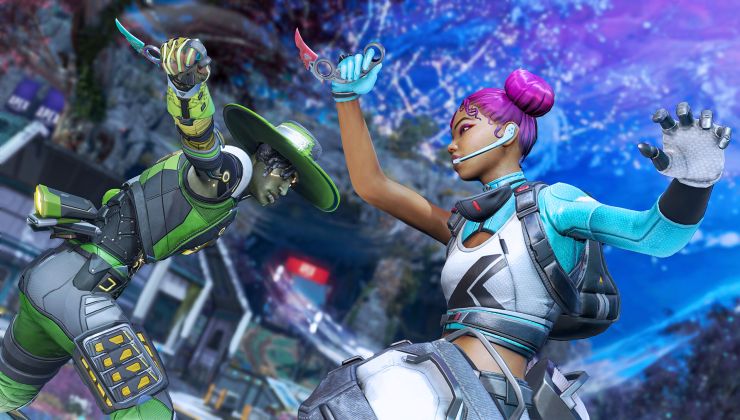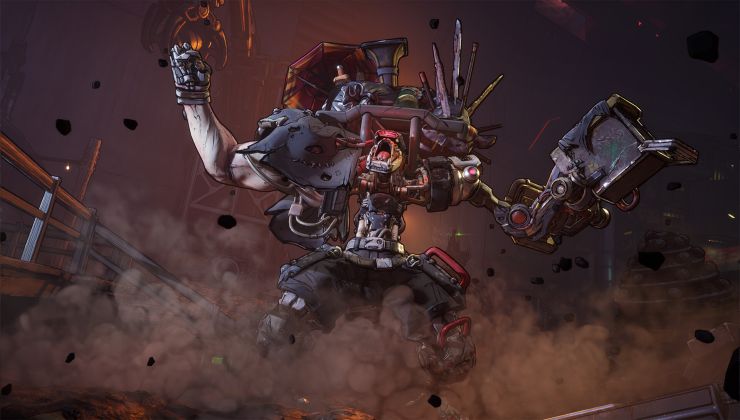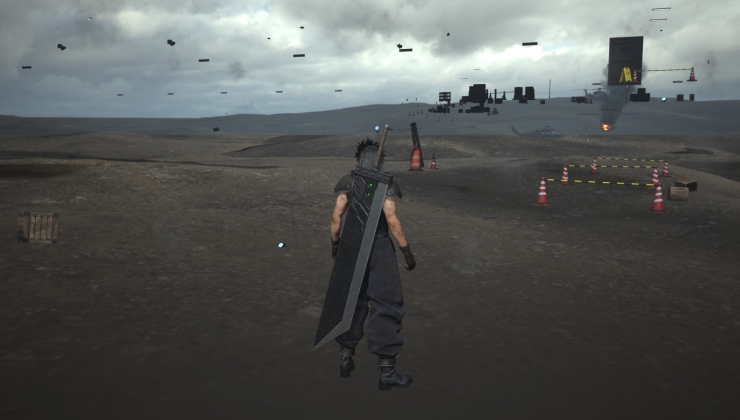In a move that might help boost Linux gaming numbers, it seems Google are still moving forward with their plan to get Steam running properly native on Chrome OS during 2021. This is something we've talked about before, and again and now it appears to be moving a bit quicker.
The new report comes from Chrome Unboxed, who noticed some interesting commits landing talking about project Borealis, which appears to be the code name for this huge project which includes running Steam. I should note though, that Borealis isn't just about Steam but appears to be some wider Linux push for Chrome OS to get more working on it. Last we heard, Borealis itself was based on Ubuntu too. From the new info uncovered, what's been found even mentions a "Soft Launch":
I'd bump these a bit; we'll want them in place for at least a few months into Soft Launch, which is currently slated for no earlier than Q2/Q3 2021. I set Borealis.Stability to 2021-10-01 for this reason.
With more Chromebooks coming out through 2021 that will feature more powerful processors both from Intel and AMD (not ARM), backed up by more powerful graphics - this will open them up to some more gaming.
The question is: why is that relevant to Linux and Linux gaming overall? Well, Chromebooks run Chrome OS which is…Linux under the Google branded hood. The version of Steam they will get is the Linux version, so they will be adding directly to the numbers of Linux users already on Steam. Don't underestimate what that could do.
Once we hear any more on it we will let you know.
In case you are wondering why is this such a big task getting Steam to run on Chrome OS, it is because Google paranoidly insists that all Linux (non-Chrome OS) applications need to run inside a VM. They spent an enormous amount of effort just poking holes in their VM trying to get basic stuff like copy/paste between Chrome OS and guest Linux working. They don't even want Linux applications to talk to Chrome OS kernel directly.
I would be interested to know, why don't they use a Docker-like container instead of VM? Seems to me like quite a big waste of resources to use a full fledged VM.
I would be interested to know, why don't they use a Docker-like container instead of VM? Seems to me like quite a big waste of resources to use a full fledged VM.
It is more akin to a docker container than a VM
I came here excited thinking that Steam will become available for ARM... I'm disappointed :(
since apple makes ARM CPUs now i guess it wont take long
Well, depends on the definition of a container. Docker runs a single isolated process, but still on the host kernel. Crostini runs a full-blown system, including a guest kernel. See this [presentation at FOSDEM](https://youtu.be/_k6zdvM9rUA?t=609) for more details.I would be interested to know, why don't they use a Docker-like container instead of VM? Seems to me like quite a big waste of resources to use a full fledged VM.It is more akin to a docker container than a VM
Well, depends on the definition of a container. Docker runs a single isolated process, but still on the host kernel. Crostini runs a full-blown system, including a guest kernel. See this [presentation at FOSDEM](https://youtu.be/_k6zdvM9rUA?t=609) for more details.I would be interested to know, why don't they use a Docker-like container instead of VM? Seems to me like quite a big waste of resources to use a full fledged VM.It is more akin to a docker container than a VM
I had a quick look through the presentation. I now understand that Crostini is a KVM inspired light VM, but there is no doubt it is a VM, not a container. However, they use containers inside Crostini to run individual Linux processes.
Which makes me even more confused as to... Why? It's as if they want Chrome OS to run on server, not on user desktop. My best guess is that they want to ensure maximum security, so even if the user breaks something inside Crostini, Chrome OS stays unaffected. Which in my opinion is excessive and could be achieved more efficiently by other tools. And even if they want to be reaaaaly sure the user won't break the system, they could still just use containers instead of a VM which runs its processes inside containers. I really don't understand. They are achieving the same goal they would achieve with containers, but with a LOT more waste in resource usage.
https://www.theverge.com/2020/12/16/22179242/google-neverware-chromebook-laptops-chrome-os-software
If it becomes possible to install ChromeOS on any x86 laptop... Maybe? Not?
Last edited by Mohandevir on 11 Jan 2021 at 3:58 pm UTC
Anyway, sounds like great news ... unless Google somehow begins specifically porting games over to ChromeOS using a locked down modded-Linux Steam client, and Steam adds ChromeOS to it's list of platforms and --- sigh. I'm sorry, I'm just sooooo cynical where it comes to Google.
We all knew a motto like "Don't be evil" was a bad sign.
Last edited by Nanobang on 11 Jan 2021 at 4:02 pm UTC
The codename Project Borealis make me think in HL3...
Linux gaming without Vulkan (and DXVK) and a virtualized GPU for OpenGL and WineD3D on-top on integrated graphics doesn't sound great for gaming.
I have two Chromebooks but I cannot see myself wanting to game with these limitations. GeForce NOW and Stadia seem to be much better options for Chromebooks. I guess we'll see how this plays out.
*later on*
Google: Ops, we need more of the standard stuff working. Let's hack things together and make our own OS look more like a standard Linux.
Seriously, why?
Keep in mind that games running inside the Borealis VM on Chrome OS will likely be using Virgil 3D and as of now there is no Vulkan support.
Linux gaming without Vulkan (and DXVK) and a virtualized GPU for OpenGL and WineD3D on-top on integrated graphics doesn't sound great for gaming.
I have two Chromebooks but I cannot see myself wanting to game with these limitations. GeForce NOW and Stadia seem to be much better options for Chromebooks. I guess we'll see how this plays out.
As long as they use intel igpu (likely for such thin laptops) there is hw support (gvt-g) for gpu virtualisation. That's the kind of nice bits which continue making Intel a great choice in laptops. That and it seems igpu is better now even without virtualisation.
i cant undertand that
chromeOS taking ages to do that, meanwhile microsoft WSL come out of nowhere and its running fine...
i cant undertand that
Maybe because Microsoft has only one operating system to work on, while Google for some mysterious reason has three?
chromeOS taking ages to do that, meanwhile microsoft WSL come out of nowhere and its running fine...
i cant undertand that
Maybe because Microsoft has only one operating system to work on, while Google for some mysterious reason has three?
Mmmm... 4?
Android
ChromeOS
Fuschia
Stadia (Debian based).
Edit: And this is just if we don't consider Android TV/Google TV which seems to be some kind of Android variant. Google seem scattered on the OS front.
Last edited by Mohandevir on 13 Jan 2021 at 8:05 pm UTC












 How to set, change and reset your SteamOS / Steam Deck desktop sudo password
How to set, change and reset your SteamOS / Steam Deck desktop sudo password How to set up Decky Loader on Steam Deck / SteamOS for easy plugins
How to set up Decky Loader on Steam Deck / SteamOS for easy plugins
See more from me